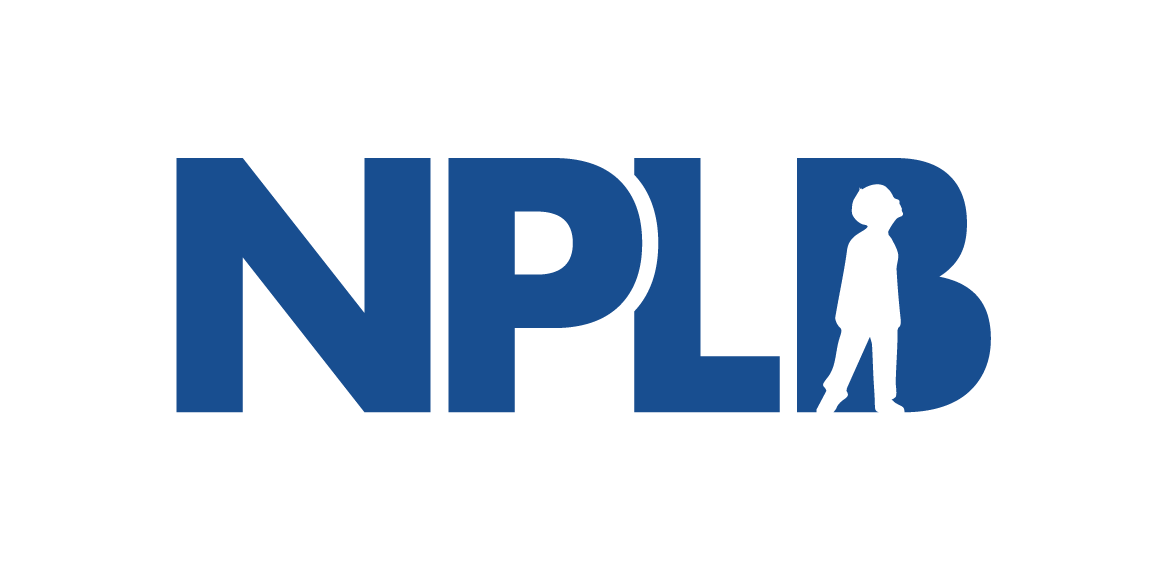APRIL FOOLS’: FTC Announces Zero Copay Mandate
Feral Trade Commission Announces “Zero Copay” Insurance Mandate for Prescribed Medicines
Commission’s colony cites industry “false advertising” as tipping point for enforcement action
Washington, DC, April 1, 2024 – In a landmark decision aimed at revolutionizing healthcare accessibility, affordability, and innovation, the Feral Trade Commission (FTC) announced a groundbreaking mandate set to take effect immediately. In a move designed to prioritize the health and well-being of all insured Americans, the FTC will require all health plans to charge zero copays for prescribed medicines or face dissolution.
Effective immediately, the FTC will enforce this mandate to ensure that every insured American has unfettered access to the medications they need to maintain their health and quality of life. This unprecedented step underscores the FTC's commitment to protect consumers by clawing back at insurers' anti-patient business models and scratching the need for fundamental reforms.
"The FTC recognizes that access to essential medications is not a privilege but a fundamental right," stated FTC Chair Nomar Cots. "By eliminating copays for prescribed medicines, we are taking a significant stride towards a health insurance system that prioritizes the needs of individuals over rebate traps and vertically integrated monopolies."
This mandate comes as a response to growing concerns over insurers and their vertically integrated pharmacy benefit managers pocketing drug rebates that PBMs extract from manufacturers rather than passing the negotiated savings on to their commercial customers – which has placed undue financial burdens on U.S. employers and their employees. It’s common practice for insurers to charge patients more in copays than the drug costs the plan, with the PBM pocketing part of the difference and the plan using the rest to lower a plan’s premium, creating an inefficient form of “reverse insurance” where the sick subsidize the healthy.
Under the new mandate, health plans that fail to comply with the zero copay requirement will face dissolution, with their assets redirected towards supporting alternative healthcare initiatives that prioritize affordability and innovation.
"This decision holds health plans accountable by requiring zero copays for prescribed medicines,” Cots said. “We are fostering a healthcare system that assures premium-paying customers that they will get what they paid for."
In its decision, the FTC also raised concerns about the argument the insurance industry has put forward for why they must charge patients out-of-pocket costs for prescribed treatments. Cots said “Plans claim to worry that patients will over-utilize medicines they don’t need unless they have financial skin-in-the-game, as they call it. We have yet to run into cases of patients pretending to have cancer or diabetes to try to get free chemo or insulin. However, we do see many cases of people with insurance having to abandon appropriately prescribed treatments because their plan charges them more than they can afford.”
Cots pounced on the health insurance industry’s claim to even be offering insurance. “If the patient can’t afford the copays charged by insurers, it means consumers were never insured in the first place. It’s false advertising.”
Citing a recent New York Times investigation, Cots continued, “People already paid their premiums. Their doctor diagnosed them. In most cases, the plan has even confirmed that the medicine is right after a heavily bureaucratic prior authorization review – a time-consuming process that forces doctors to justify their medical decisions to insurers.”
Since 1966 the Federal Trade Commission's mandate has been to ensure that companies abide by truth in advertising, for example, requiring that TurboTax maker Intuit not charge for tax filings, in accordance with expectations it set in its advertising. “Society should at least hold insurance plans to at least the same standard as TurboTax,” Cots stated.
The FTC also aimed criticism toward plans that prohibit drug manufacturers from helping patients afford a plan’s high out-of-pocket costs. For a long time, patients have had to rely on help from manufacturer copay assistance programs or from charities funded by innovative medicine companies. “The FTC finds it absurd that the same companies that discovered the medicine end up trying to fill the coverage gaps created by lack of proper insurance. Mandating that copays be capped at zero makes sure that insurance does what it’s supposed to do for its premium paying customers. Proper insurance with zero copays is how we can make sure that the cost of incentivizing innovation is borne by everyone and not dumped on just the vulnerable and sick among us.”
The Feral Trade Commission remains committed to working closely with the business community and policymakers to implement and enforce this mandate. Wouldn’t it be great if the Federal Trade Commission required the same?
For more information and updates on the zero copay mandate, please visit nopatientleftbehind.org. ###
[Note: April Fools! But wouldn't it make so much sense if the real FTC did this????
This press release is intended for April Fools' Day entertainment purposes only and does not yet reflect any actual policies or decisions of the Federal Trade Commission.]
